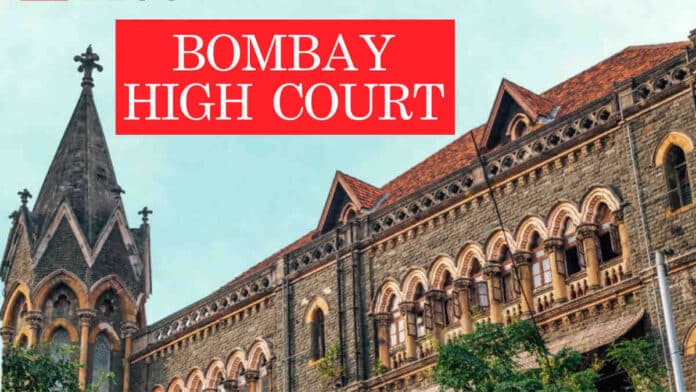In a significant ruling, the Bombay High Court declared the arrest of a man in a cheating case as illegal, emphasizing that police must adhere to legal procedures to avoid violating fundamental rights. The court ordered the immediate release of Mahesh Naik, who was taken into custody in February without being properly informed of the reasons for his arrest, which is mandated under the law.
The division bench comprising Justice Bharati Dangre and Justice Manjusha Deshpande stressed the severity of an arrest, describing it as a “drastic” and “desperate” measure that must only be implemented following strict legal protocols. “Since the arrest of a person is a drastic and desperate stage, it must be necessarily effected upon following the procedure prescribed in law,” the justices noted in their verdict dated July 18, which was released to the public on Monday.
The case came to light following a petition filed by Naik through his advocate, Rishi Bhuta, challenging his unlawful detention. Naik argued that at the time of his arrest, the police failed to inform him in writing of the grounds for his detention, a requirement under section 50 of the Code of Criminal Procedure (CrPC).
The court’s decision referenced Article 22 of the Constitution of India, which safeguards an individual’s right to be informed of the reasons for arrest and to consult and be defended by legal counsel. The bench pointed out that any infringement of these fundamental rights is viewed seriously by constitutional courts, often resulting in compensation for the aggrieved party.
Also Read
Justice Dangre and Justice Deshpande found that the lack of written grounds for Naik’s arrest and the incomplete arrest/surrender form constituted a gross violation of his fundamental rights. Consequently, they mandated his release and ordered the dissemination of the judgement among all police officers to reinforce the adherence to lawful arrest procedures.
Public prosecutor Hiten Venegavkar was directed to ensure that the judgment is circulated to all police officials, from the director general down to local officers, to prevent future instances of illegal arrests.




